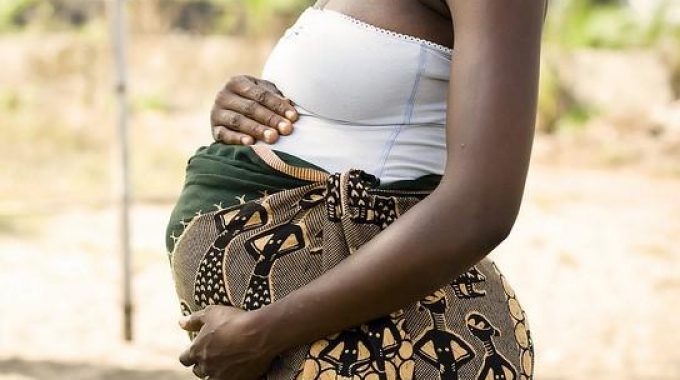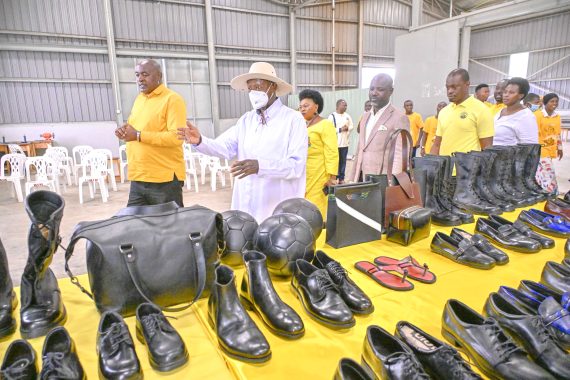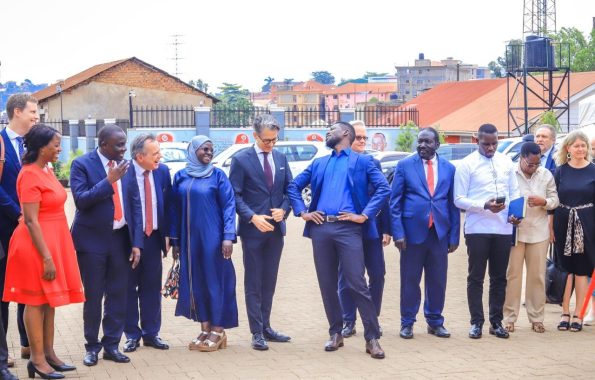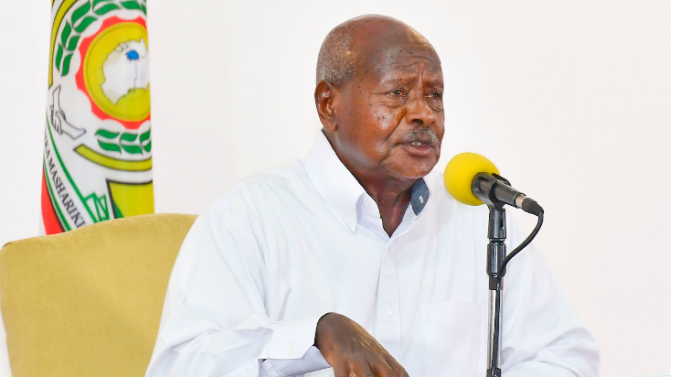Museveni also blasted international media agencies for criticizing Uganda’s methods in fighting Covid 19 pandemic that led to a protracted lock-down and an overwhelming increase in teenage pregnancies.
The President was addressing the nation to mark the 36th anniversary of the National Liberation Day at Kololo Ceremonial grounds. Museveni hit back at the international media for deliberately discrediting the government ‘s efforts to fight the disease and only fcusing on the rising teenage pregnancies.
He explained that there is a big difference between pregnant and death noting that the latter is worse. Museveni emphasised that Uganda has scored much better than most countries abroad considering the number of infections and deaths the country has registered in the last two years.
“When they talk about the lockdown they say…girls got pregnant in lockdown. That’s all they are talking about. Being pregnant is not dying; you fellows…Aljazeera, BBC…please. Can you not understand that a young girl being pregnant is a complication but not dying,” Museveni said.
He explained further; “The original problem we were fighting was dying on a big scale and for that we succeeded, Uganda faired among the top most in fighting covid 19 in the world. We have lost only 3000 persons yet other countries have lost almost 1 million people, and only had 160.000 infections all these years,“
A United Nations Population Fund UNFPA report indicates that 354,736 teenage pregnancies were reported in 2020 alone while 196,499 were reported in the first six months of 2021.
According to a 2021 report from (UNFPA), the six regions with the highest numbers of teenage tregnancies were recorded between 2019 to 2021 are Busoga: the most affected district were Kamuli (6,535) and Mayuge (6,205 teenage pregnancies). North Central: the most affected districts were Mukono (5,535) and Luweero (4,545). Lango: (Oyam 6,449 and Lira 4,697).South Central: (Wakiso 10,439 and Rakai, 2711).West Nile: (Arua 4,705 and Yumbe 3,973). Tooro/ Rwenzori: Kasese (7,319) and Kyenjojo (4,341).
The high pregnancies have been widely attributed to the lock down that affected schools reopening, poverty, sexual abuse among others.
The Ministry of Education announced that schools will reopen for all learners on January 10 ,2022 after close to two years of lock down.
Schools were closed on March 18, 2020 to contain the spread of covid 19 lock down in Uganda.
International media has since ranked Uganda as the only Country in the world with the longest lock down on schools and institutions of learning.


















